Sixties Fan
Diamond Member
- Mar 6, 2017
- 58,378
- 11,056

19th century Arab Palestine was a bunch of squabbling groups who hated each other
Blogging about Israel and the Arab world since, oh, forever.
Follow along with the video below to see how to install our site as a web app on your home screen.
Note: This feature may not be available in some browsers.


The problems hinge on Zionism.Life Of Jews In Arab Lands
By Gerold Frank
JERUSALEM - The United Nations Special Committee on Palestine, now deliberating at Geneva, may ponder the true situation of Jews in Arab states—their treatment, discrimination against them, the entire suffocating framework in which the average Jew finds himself.
Arab spokesmen. seeking to prove the idyllic status of a Jewish minority in the independent Arab Palestine they demand, are always ready to point out the general lack of anti-Jewish laws on the books in the Arab States. But there is a long step between statute and practice. The fact is that the lives of Jews in all Arab states range from generally unenviable to intolerable; from Egypt where the situation of Jews, many of whom are wealthy, is comparatively the best, to Yemen. a backward country where the Jews are the lowest of the low.
It must be remembered that religion in the Middle East is a much more divisive factor than ,in the West, Religion is the basis of social mores: communities are religious communities. Fear, suspicion and hate have deep roots. Add to this the fact that Jews in Arab lands are mainly in commercial pursuits, vulnerable economically and subject to envy if successful; add also the nationalistic propaganda and anti-Zionist movements, and one better understands the Jewish plight.
Take the roll-call of countries.
First, Iraq. Here is the largest Jewish population of any Arab state-130,000 Jews out of 4.000,000 inhabitants. Of the Jewish total, 100,000 live in Bagdad. There were frightful pogroms in Bagdad in June. 1941. The temper of the Iraqi was best expressed by Pedal Jamaili, minister of foreign affairs. who declared, according to the Iraqi Times of March 3, 1946. "The problem of i protecting the Jews of Iraq when disturbances occur in Palestine often is a cause of anxiety and restlessness in Iraq. No Iraq government can for long maintain peace and quiet unless justice is rendered the Arabs of Palestine." This last sentence may not constitute official incitement, but it comes suspiciously close to it.
Today, Iraq Jews are unable to leave the country on the grounds that they might go to Palestine. When a Jew can leave—a medical student, for example—he must pay 2,000 dinars ($8.000) as warrant for his return and his passport is stamped "not valid for Palestine." In Iraq. anti-Jewish laws are kept off the records. but Iraq's raw materials are not currently permitted to be exported to Palestine; the government has begun a boycott of the Haifa port by insisting that exporters send their goods to Europe through Beirut. in the Lebanon. There is a campaign of vilification against Jewish merchants, charging they are trying to break the boycott, in league with Jewish colleagues in Palestine.
In Iraq today there is no Jewish magistrate, and no Jews of any country. including the United States, are granted transit visas.
Second. Syria. Here are 10,000 Jews-2.500 in Damascus, 7,500 in Aleppo. The Damascus Jews are in a sorry state. Half live on charity funds contributed by Jewish societies. Eighty percent of the Jews are peddlers. 15 percent are in the middle class and five percent, are '"wealthy." There are six Jewish physicians, but no Jewish industrialists, lawyers. architects or other professionals. Discrimination is practiced in many ways. Thousands of Syrians flock to Palestine in times of emergency, but if one Jew is caught on the border, the entire press launches a campaign. Today Syria makes it virtually impossible for Jews to go to Palestine. There are almost no Jewish officials in the Syrian government. Jewish newspapers are not permitted to enter Syria, and when the Syrian press has occasion to speak of Jews it is often derogatory.
In June. 1946, a regulation was adopted, reading: "Any person who imports. sells. buys or smuggles or tries to smuggle Zionist goods into Syria is liable to life imprisonment or death." In recent elections based on the new constitution, Jews were accorded one parliamentary seat out of 137. At first they refused this, not wishing to have the responsibility. They turned out to be prophetic, for when Jewish Deputy Wahid Mizrachi was elected, he declared he would be faithful to his people and his fatherland. The newspaper Alif Ba of July 15, 1947, demanded, "What people and what fatherland?"
Third, the Lebanon. Jews from Palestine are not freely allowed Into the Lebanon. Even when the United Nations committee went there, it took official protests to force the Lebanese government to grant visas to a handful of Palestinian Hebrew journalists. The Lebanon today has 6.000 Jews in a population of more than 1,000.000. with the Jews mainly concentrated in Beirut. There is outwardly less discrimination than in other Arab countries because of various population groups such as the Sunnites, Kurds, Armenians and indigenous Christians. The Maronite Patriarch Aridas is a friend of the Jews, Nevertheless. when Jewish students from the United States came to Palestine last year, they were not permitted to disembark at the port of Beirut although other passengers were. Today, large signs on the Palestine-Lebanese border warn against bringing in "Zionist" goods, which means any Jewish-made goods of any kind.
Fourth, Egypt. There are 70.000 Jews in a population of 17.000,000. Their situation is economically good, but their future is uncertain because of the "Egyptization" of commerce and industry and intensified xenophobia. All accountings of cornpanies, for example, must be written in Arabic, which means that many Jews are replaced. Many Jewish companies are compelled to take Egyptian partners.
Many Jews do not have Egyptian nationality. This correspondent has seen one Jew proudly unlock a safe and show a certificate of his Egyptian nationality, saying. "This is my most precious possession. very hard to obtain; it is my safeguard for the future." Without this certificate, Jews have no defence against the government.
There are currently intense nationalistic anti-Jewish campaigns. Only three months ago the newspaper Al Saw. adi denounced Jews in terms reminiscent of Goebbels.
Fifth. Yemen. Here is an incredible situation for 45 000 Jews in a population of 1,000,000. The treatment of Jews is so bad that even the Arabic paper Aid Ba of Damascus attacked it, pointing out on January 2. 1945, that Jews are not permitted to ride horses—only donkeys: that if a Jew riding a donkey sees a Moslem ahead of him, he must dismount 30 paces away, wait until the Moslem passes, then mount the donkey again when the Moslem has gone another 30 paces; that a Jew must pass only to the right of a Moslem, and if he does otherwise the Moslem is entitled to force him to return and pass correctly.
Saudi Arabia and Transjordan need no discussion because they have no Jews and no Jews are permitted.
The things cited here are examples only. but where such things are tolerated, where Jews are coninuously and relentlessly held up to ridicule, denounced as dangerous, called a menace to the community and segregated by word, deed and act-in such a framework the life of the average Jew is an endless ordeal of accumulating cruelty and helplessness. (Copyright 1947. Overseas News Agency)

75 years ago: A survey of Arab persecution of Jews
Blogging about Israel and the Arab world since, oh, forever.elderofziyon.blogspot.com
Not only that, the vast amount of citizens of West Jerusalem were Muslim/Christian natives of the country...but trying to get any reality into any of these threads here is not going to happen . Basically extreme Zionism much of it Christian, the only intention being to try and make sure no one starts genuinely talking about things.The vast majority of Palestinians were unarmed civilians. Why are they not allowed to return?
Jerusalem was a majority Jewish population.Not only that, the vast amount of citizens of West Jerusalem were Muslim/Christian natives of the country...but trying to get any reality into any of these threads here is not going to happen . Basically extreme Zionism much of it Christian, the only intention being to try and make sure no one starts genuinely talking about things.
You should get help for your IJH.The problems hinge on Zionism.
The problems hinge on Zionism.
That's not what they said.The problems hinge on Islam.
That's not what they said.
Who is ''they''?That's not what they said.
The problems hinge on Zionism.

 blog.nli.org.il
blog.nli.org.il
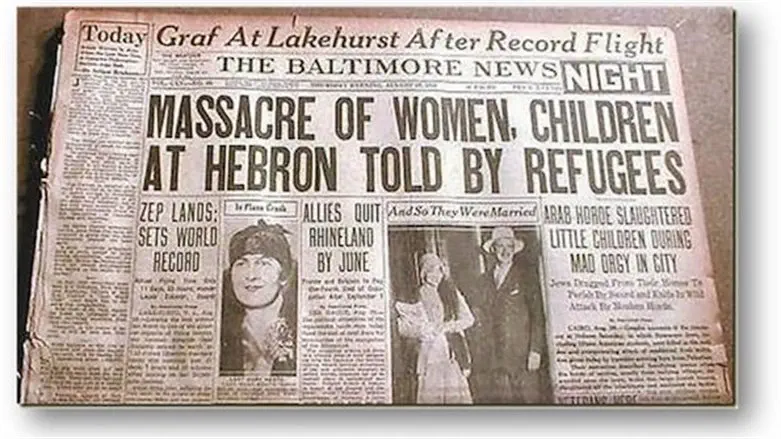

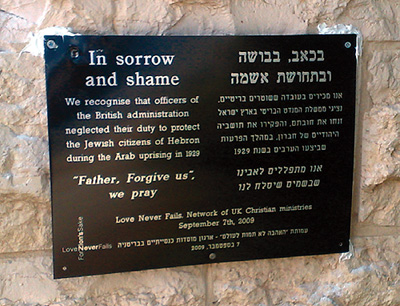

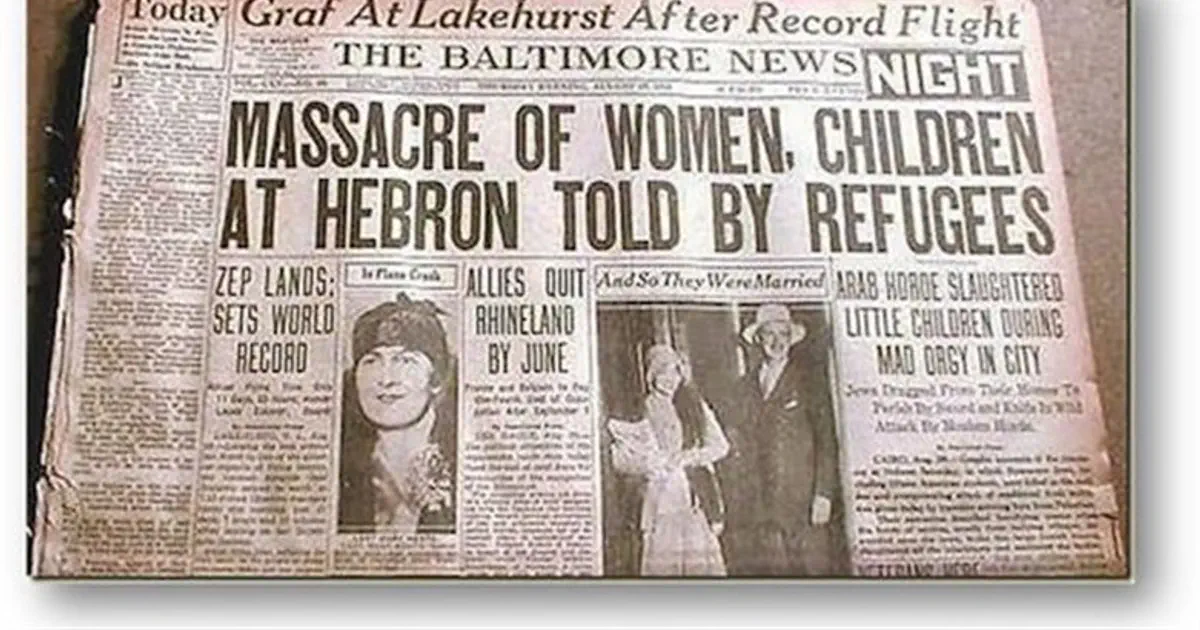
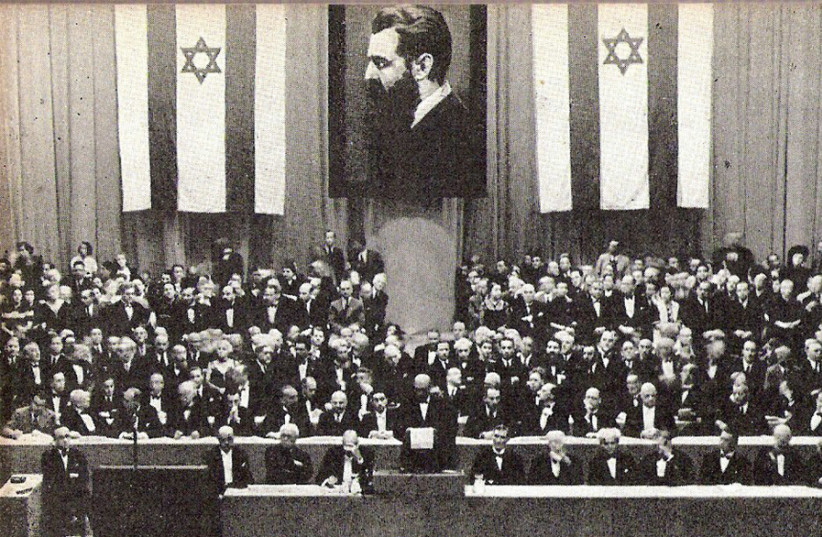
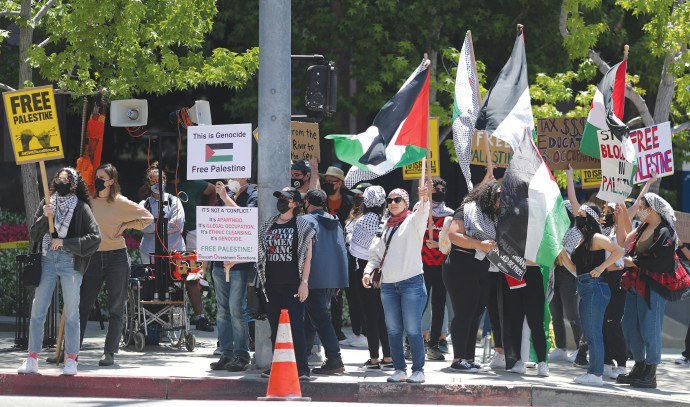
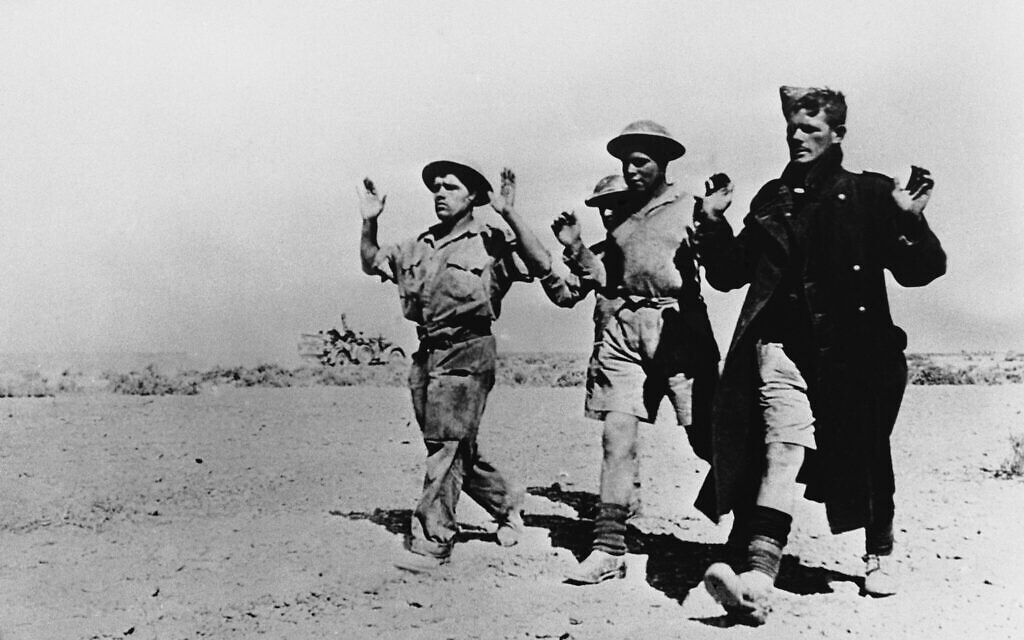

Basel 125 years later: Our biggest challenge is anti-Zionism -opinion
We cannot guarantee a secure Jewish future without strong efforts to push back against the extreme anti-Zionism rampant in many countries and seeping into international forums.www.jpost.com




